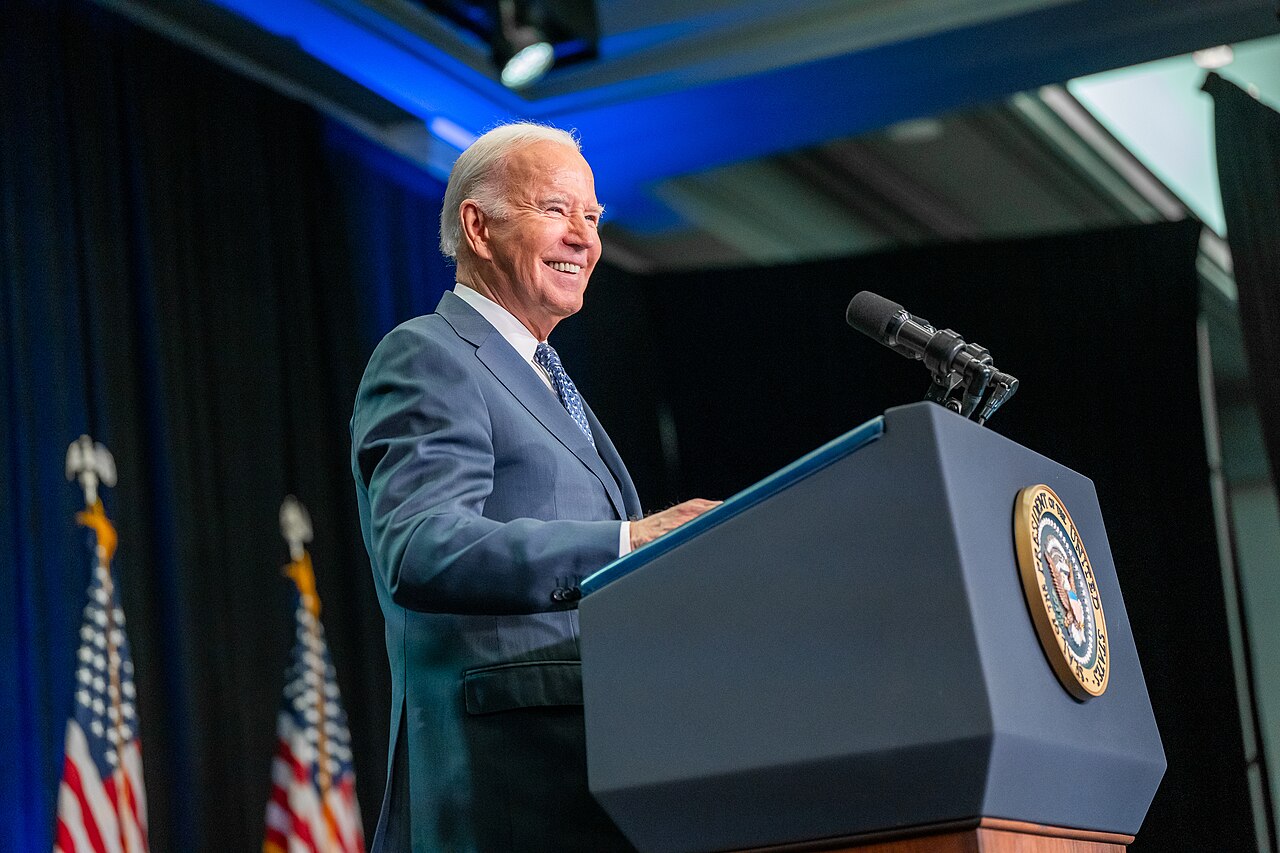USPTO Proposed Terminal Disclaimer Can Terminate Patents | Wolf, Greenfield & Sacks, P.C.
The USPTO on May 10, 2024, issued a notice of proposed rulemaking (NPRM) raising the requirements for accepting a Terminal Disclaimer (TD) to obviate obviousness-type double patenting (ODP). Specifically, the newly proposed TD requires those filing a TD in a patent or application to agree that the patent in which the TD was filed (“subject patent”) will be unenforceable in its entirety if, in the patent over which the TD was filed (“reference patent”), any claim is subsequently and finally deemed unpatentable or invalid over prior art under 35 U.S.C. §102 or §103.
Terminal disclaimers currently
Currently, the USPTO requires a TD to disclaim the term of the subject patent that extends beyond the term of the reference patent and to include an agreement that the subject patent will be enforceable only while the subject patent and the reference patent are commonly owned (or for TDs pertaining to Joint Research Agreements, that such patents will not be separately enforced).
Proposed changes terminal disclaimers
The NPRM proposes a revision to 37 CFR 1.321 requiring disclaimants to make a second agreement for a TD to be accepted.
The second agreement prevents patent owners from enforcing a subject patent tied by TD at any time, directly or indirectly, to a reference patent in which a claim has been finally held unpatentable or invalid for lack of novelty or obviousness in federal court or at the USPTO, and all appeal rights have been exhausted.
The proposed rule would also prevent patent owners from avoiding such unenforceability by making a statutory disclaimer in the reference patent after the novelty or obviousness challenge has been made.
The USPTO announcement of the NPRM indicates that the proposed rule would only apply to TDs filed on or after the effective date of any final rule.
What should be done immediately?
Stakeholders should consider submitting comments via the Federal Register. Comments on the proposed rule must be received by July 9, 2024, to ensure consideration. Also, in-house counsel should consider now in which patents a TD might be desirable so that if necessary, a TD can be filed before the effective date of a potential final rule.
What to consider going forward?
The NPRM heightens the consequences of ODP by jeopardizing all claims in a subject patent in which a TD is filed, by tying its enforceability to the subsequent fate of every claim in the reference patent. Counsel is advised to pursue patent strategies that mitigate risk of ODP both within and across patent families, and whenever possible avoid creating circumstances in which a TD is the sole remedy for obtaining or maintaining a claim.
You can read the USPTO’s announcement here.
You can read the full NPRM here.





![[Webinar] NFTs and Brands in the Metaverse – December 6th, 9:00 am – 10:00 am EST | World Law Group [Webinar] NFTs and Brands in the Metaverse – December 6th, 9:00 am – 10:00 am EST | World Law Group](https://jdsupra-html-images.s3-us-west-1.amazonaws.com/18710_1a663aba666ce99f783aa0beae43ea81.png)